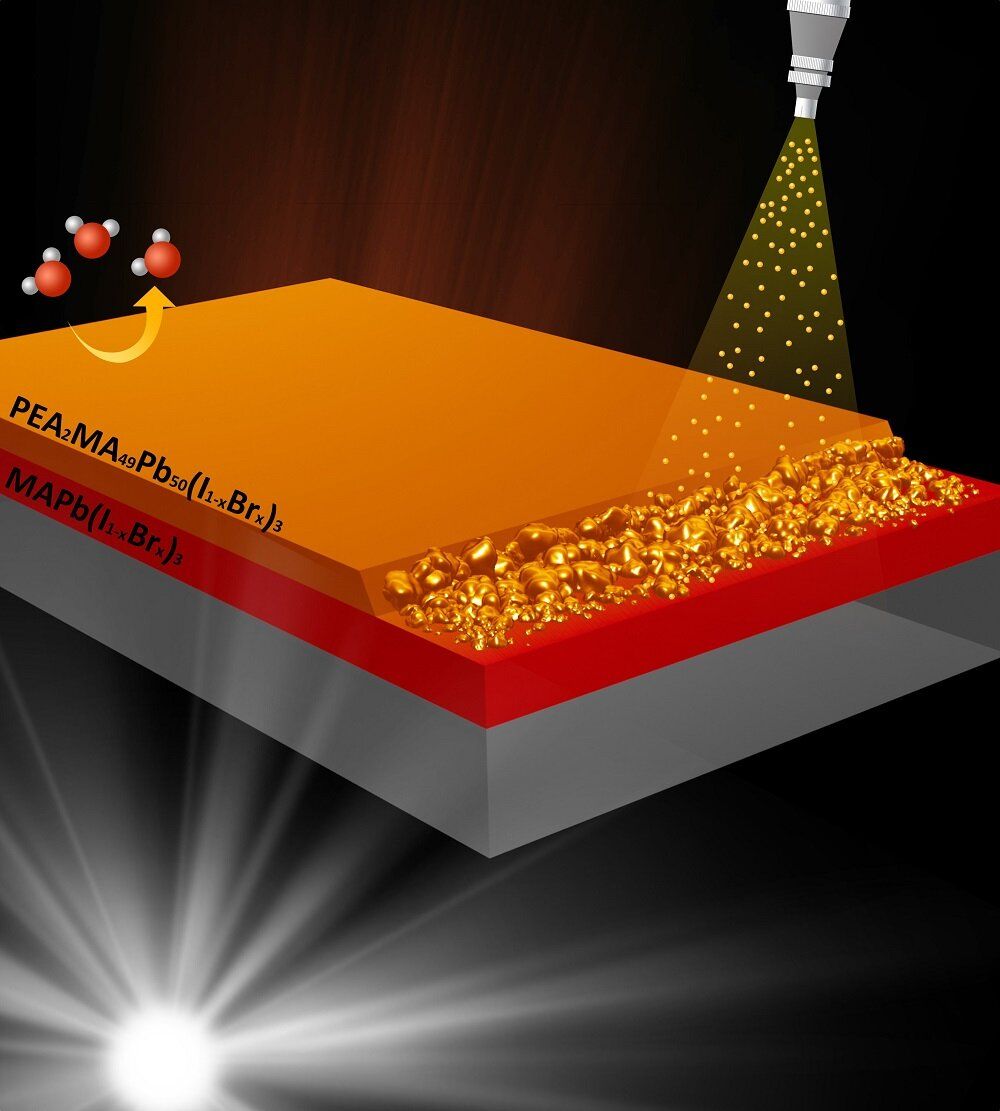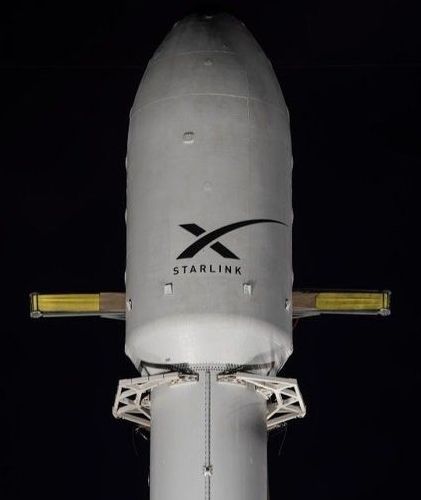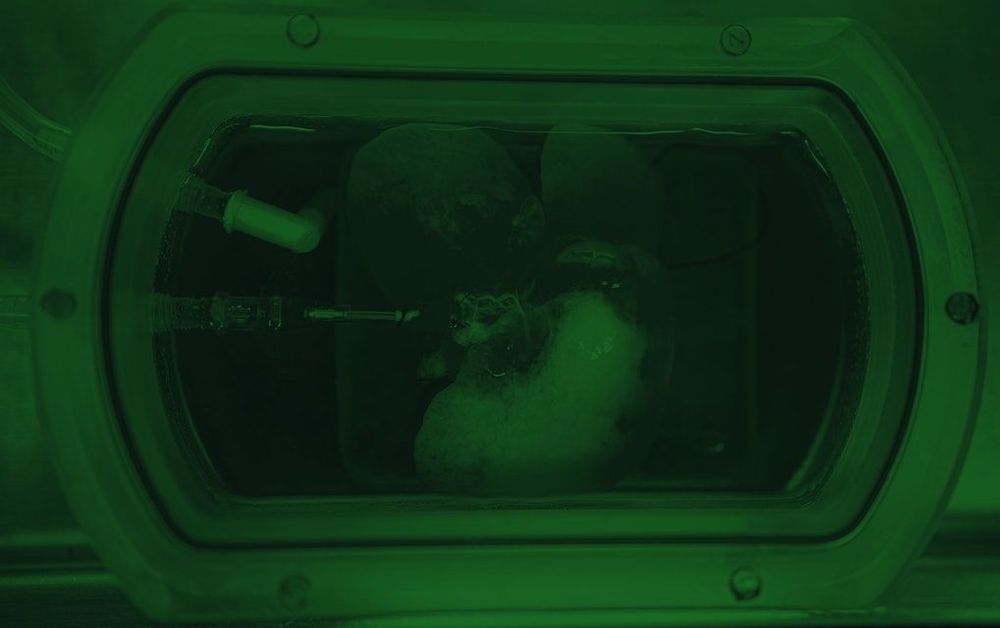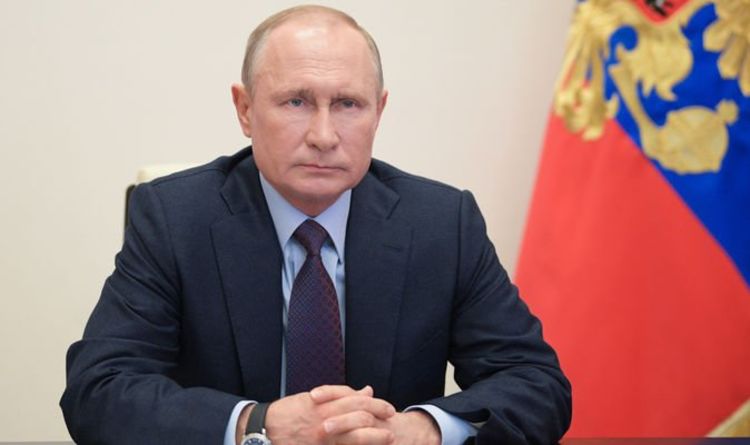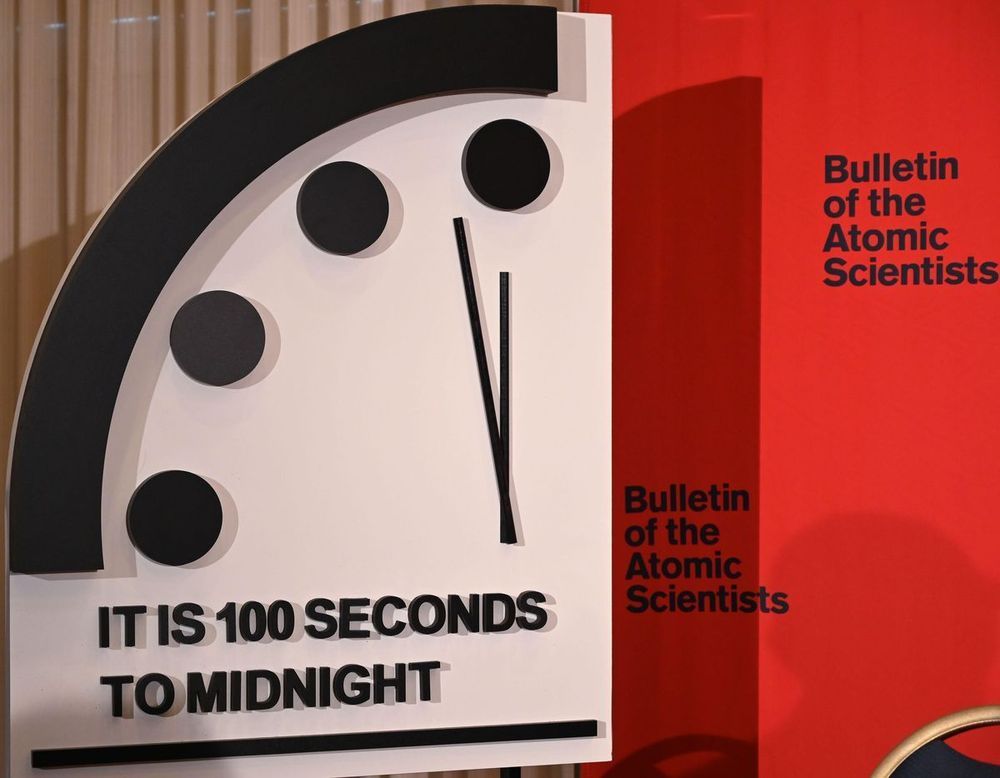
73 years ago, the same scientists who had helped to begin the atomic age set a “doomsday clock” for humanity. It first appeared on the cover of the June 1947 issue of the Bulletin of the Atomic Scientists as a dire warning about the nuclear rivalry between the U.S. and the Soviet Union. At that moment, the Bulletin estimated that we stood at about 7 minutes to midnight, which represented nuclear apocalypse.
The Doomsday Clock wasn’t – and still isn’t – a precise countdown to the end of all things. It’s a metaphor for how dangerous the global situation seems to be at a given moment, in the very well-informed but also subjective opinion of the Bulletin’s board of directors. In June 1947, things looked dire. The U.S. had dropped a pair of atomic bombs on Japan less than two years before; when the Bulletin of the Atomic Scientists first published the Doomsday Clock image, researchers were still studying the aftermath of those bombs. Meanwhile, the Soviet Union was hard at work on its own atomic program, and was just a couple of years away from testing its first atomic bomb in 1949.
Through the Cold War and in the decades since, the clock’s minute hand has moved about two dozen times. In September 1953, it stood at two minutes to midnight, following Russia’s August 1953 hydrogen bomb test – which in turn had followed a U.S. hydrogen bomb test in November 1952. Those tests meant the two feuding superpowers each had much more powerful new weapons with which to destroy each other; the tests also heightened the sense of life-or-death competition that made it more likely that someone would decide to use those terrible new bombs.

